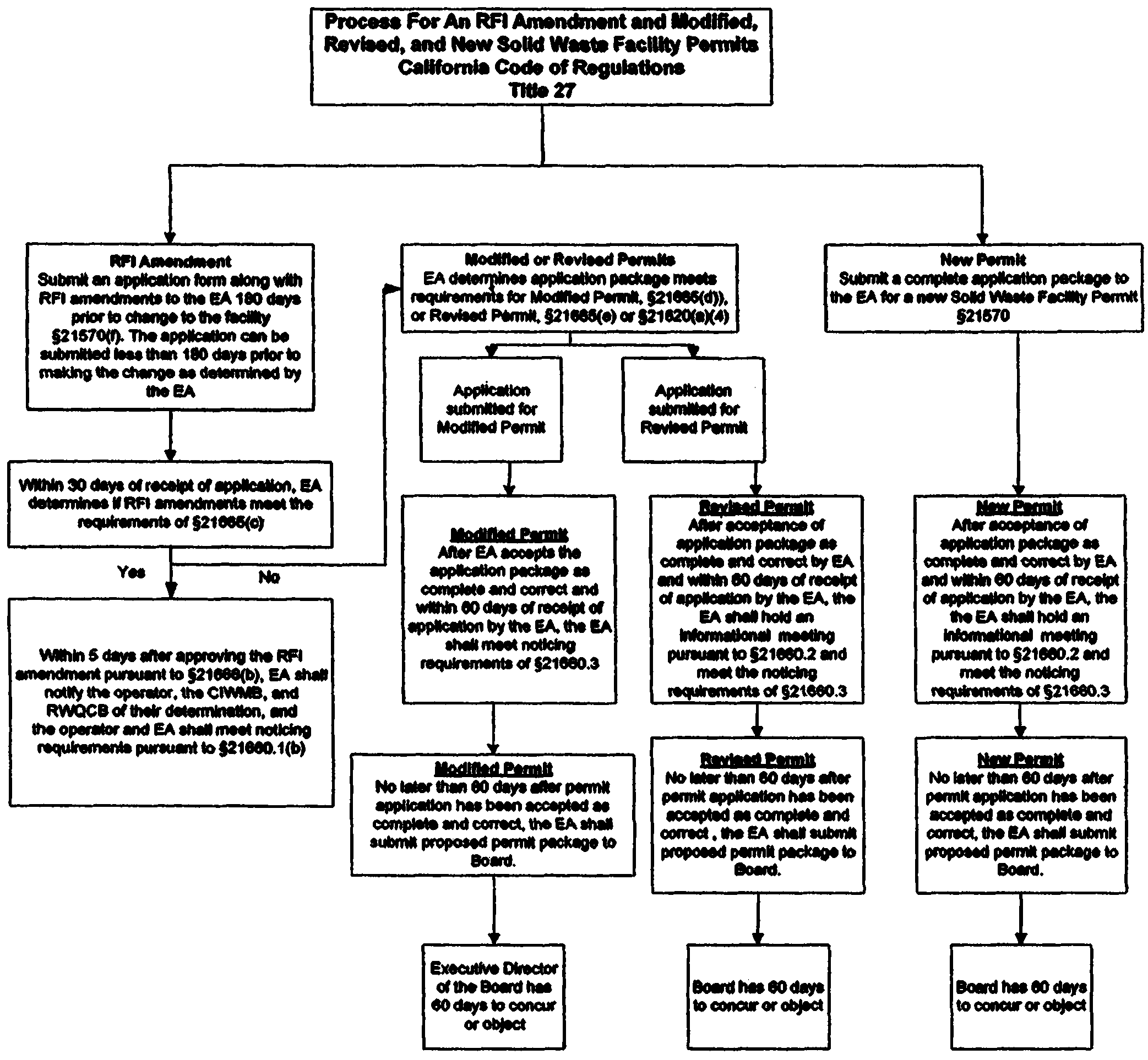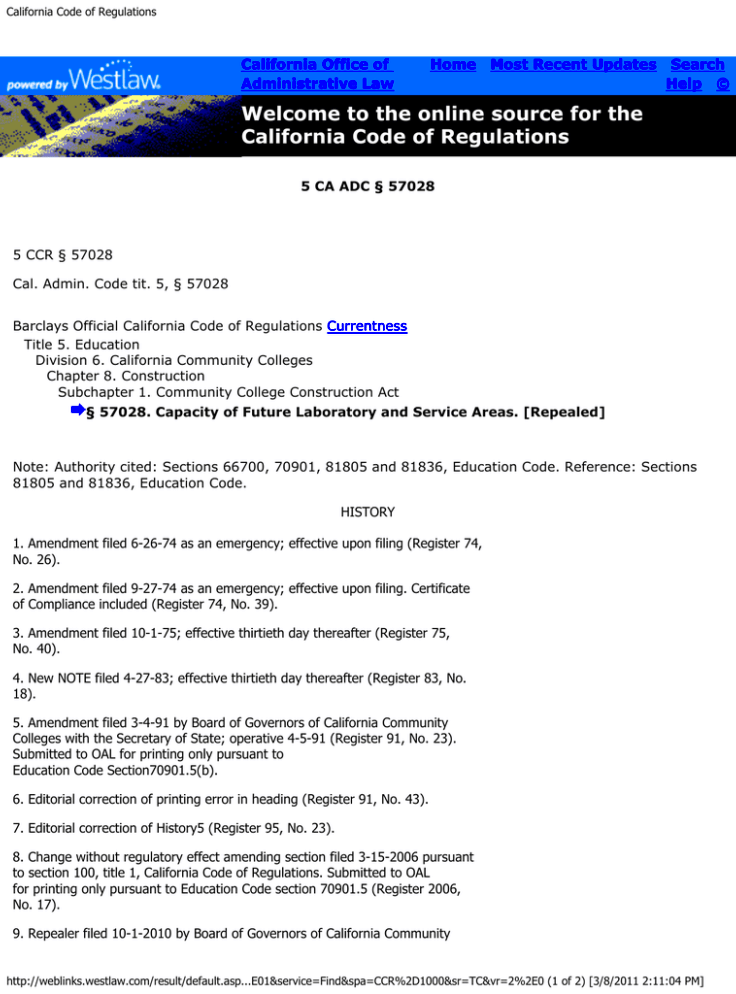Enforcement of California Business Regulations
The business world in California is highly active and vibrant but it is accompanied by a set of complicated regulations that one has to follow. Every entrepreneur must seek to know about these regulations in order to run their businesses in a lawful and productive way. Regulations cover all aspects of an organization including compliance with employment laws and environmental standards as well. These regulations might be confusing at first sight, but if they are broken down into small units the whole idea will become less daunting . Therefore, let us explore some key aspects of business regulations in California that may affect your operations.
Key Regulatory Agencies in California

In California, multiple regulatory agencies oversee different facets of business operations. The foremost duty of each agency is making sure that businesses comply with the laws of the state. Following are some of the most important ones:
- California Department of Justice (DOJ): Handles business licensing and ensures consumer protection.
- California Department of Business Oversight (DBO): Regulates financial institutions and securities.
- California Division of Labor Standards Enforcement (DLSE): Enforces labor laws and worker protections.
- California Environmental Protection Agency (CalEPA): Oversees environmental regulations affecting businesses.
- California State Board of Equalization (BOE): Manages sales and use tax regulations.
The duties of these agencies are unique, and knowing their functions can assist business people in better moving through the rules and regulations.
Licensing and Permits Required for Businesses
Prior to launching your business in California, it is important to obtain all required licenses and permits. This way, you will be in line with all regulations that are both local or federal. Here is a list of the most usual licenses and permits:
| Type of License/Permit | Description | Issuing Authority |
|---|---|---|
| Business License | General permission to operate a business in a specific locality. | City or County |
| Sellers Permit | Required for businesses selling tangible goods. | California Department of Tax and Fee Administration (CDTFA) |
| Health Permits | Necessary for businesses that handle food or health-related services. | County Health Department |
| Professional Licenses | Required for certain professions, such as healthcare or legal services. | State Licensing Board |
| Environmental Permits | Needed for businesses that may impact the environment. | California Environmental Protection Agency (CalEPA) |
In the early stages of developing your business, it is crucial to investigate and obtain all relevant licenses and permits. Otherwise, you might incur heavy penalties or be forced to close down your enterprise. Check with local and state agencies for the latest licensing updates.
Compliance with Employment Laws in California
As in the Land of Milk and Honey, a fair workplace is very important. For that reason, these regulations require that employers start by getting information on them. The labor laws of this state touch on wages, benefits as well as rights of workers. One can feel like they are lost in the various shapes of such norms but dividing them into sections makes it easier to see if one is in agreement.
The subsequent are some important aspects you should know about the employment laws:
- Minimum Wage: California has a higher minimum wage than the federal level, with periodic increases scheduled. Make sure to check the current rates.
- Overtime Pay: Employees must be paid overtime for hours worked beyond 8 in a day or 40 in a week.
- Meal and Rest Breaks: Employees are entitled to a 30-minute meal break for shifts over five hours and paid rest breaks during longer shifts.
- Anti-Discrimination Laws: California has strong protections against workplace discrimination based on various factors, including race, gender, and sexual orientation.
- Family and Medical Leave: The California Family Rights Act allows eligible employees to take up to 12 weeks of unpaid leave for family or medical reasons.
Knowing these laws is imperative in order not to fall into legal traps and build a pleasant environment at work.
Environmental Regulations Impacting Businesses
In California, the protection of the environment is taken seriously by the government. It is, therefore, necessary for any corporation that falls under these regulations to make sure its operations are sustainable and legal. All laws aim at ensuring safe air quality, good waste management etc., thus guaranteeing a better environment and public health safeguards. If one does not obey these rules then they might face heavy fines; hence why it’s crucial for business people to be acquainted with their duties.
Here are some important environmental regulations that might have an impact on your business that you should be aware of:
- California Air Resources Board (CARB): This agency enforces regulations to improve air quality, including emissions standards for vehicles and industrial processes.
- Waste Management Regulations: Businesses must comply with laws regarding waste disposal and recycling to minimize landfill use.
- Water Quality Regulations: California has strict laws to protect water quality, requiring businesses to monitor and manage water usage.
- Hazardous Materials Regulations: If your business deals with hazardous substances, you’ll need to follow specific guidelines for storage, disposal, and reporting.
By complying with these rules, a business minimizes the risk of being fined while at the same time taking on an image of concern for a cleaner environment.
Consumer Protection Laws in California
Due consumer protection laws in California that are aimed at shielding customers from exploitation by companies or traders, every trader in such area must know them for building confidence with their clients as well as avoiding legal problems. They ensure that the product you sell doesn’t poison or kill your customers while protecting them from misleading advertisements.
Some essential laws regarding consumer protection that you need to know about are:
- California Consumer Privacy Act (CCPA): This law gives consumers the right to know what personal data businesses collect about them and how it is used.
- Truth in Advertising: All advertisements must be truthful and not misleading. Businesses can face severe penalties for false claims.
- Unfair Competition Law: This law prohibits deceptive business practices, including false advertising and unfair pricing tactics.
- Product Safety Standards: Businesses must comply with safety standards for consumer products to protect users from harm.
Udakuzi awa ni lazima untukue mahabisi mule kwa makosa ya kisheria na hata kujitunzia soko la mabwana lililo na sauti ya mwongozo na udhibiti wa kisiasa.
Consequences of Noncompliance with Regulations
Running any business in California is no walk in the park since there are many rules and regulations to follow and when you do not observe those laws, then disaster may strike. As an entrepreneur, you should know why not complying with the laws is bad for your business. This could mean losing money or a bad public image which will hinder its growth. Let’s explore the consequences of non-compliance with various laws and regulations.
These are a few of the significant implications for failing to meet the requirements:
- Fines and Penalties: Regulatory agencies can impose hefty fines for violations. These fines can vary widely depending on the severity of the offense.
- Legal Action: Noncompliance can lead to lawsuits from consumers, employees, or other businesses, resulting in costly legal fees and settlements.
- Business License Suspension: Repeated violations can result in the suspension or revocation of your business license, making it impossible to operate legally.
- Increased Scrutiny: Once your business is flagged for violations, you may face increased audits and inspections from regulatory agencies.
- Reputational Damage: Negative publicity from regulatory actions can harm your brand’s reputation and customer trust.
It is very vital for an organization to be cautious of possible rules in order avoid stern effects. Thus, keeping yourself acquainted with laws and regulations is essential to avert such dire results.
Resources for Business Owners in California
Setting up enterprise is fraught with difficulty; nonetheless, the web contains a myriad of helpful instruments for California entrepreneurs taken aback by its regulations. Such tools offer assistance, give knowledge- and compliance with neighborhood as well as federal regulations is guaranteed. Below are some important sources:
- California Secretary of State: Offers information on business registration, licensing, and compliance requirements.
- California Department of Business Oversight: Provides resources related to financial services, including regulations for lenders and investment companies.
- California Chamber of Commerce: A great source for networking, advocacy, and information on compliance and best practices.
- Small Business Administration (SBA): Offers resources for starting and managing a business, including funding options and mentorship programs.
- Local Small Business Development Centers (SBDCs): Provide free business consulting and training to help you comply with regulations and grow your business.
De zoveel mogelijk maken gebruik van deze bronnen kan jullie verschaffen met deze aanpak en steun die je nodig hebt, om met succes om te gaan de complexiteit van California’s zakelijke bepalingen.
FAQs About California Business Regulations
If you run a business in California, you probably have questions concerning the different laws and how they affect your business operations. Here are some of the frequently asked questions that can help to make common issues clearer:
- What is the minimum wage in California? California has a higher minimum wage than the federal standard, which is updated regularly. Check the California Department of Industrial Relations for the latest rates.
- Do I need a business license? Yes, most businesses in California require a business license. Check with your local city or county for specific requirements.
- What are the penalties for noncompliance? Penalties can include fines, legal action, and even the suspension of your business license, depending on the severity of the violation.
- How can I stay compliant with environmental regulations? Regularly review regulations from the California Environmental Protection Agency and seek guidance from local agencies to ensure compliance.
- Where can I find resources for starting a business? The California Secretary of State and local Small Business Development Centers are excellent starting points for resources and guidance.
When you are aware of these rules and tools, you can run your business better and avert certain traps.
Conclusion on Enforcement of California Business Regulations
-it’s extremely vital for any business owner whose operations are in state to understand and abide by the rules governing businesses in California. Such laws pertain to employment, environmental standards, and consumer protection among others. Noncompliance can lead to huge fines, lawsuits, and reputational damage. Nonetheless, there are government agencies, local chambers of commerce, and other supportive organizations that help entrepreneurs navigate such complexities. This way, by putting compliance first and using available resources businesses can thrive in the ever-changing Californian market while supporting an equitable and sustainable economy.


